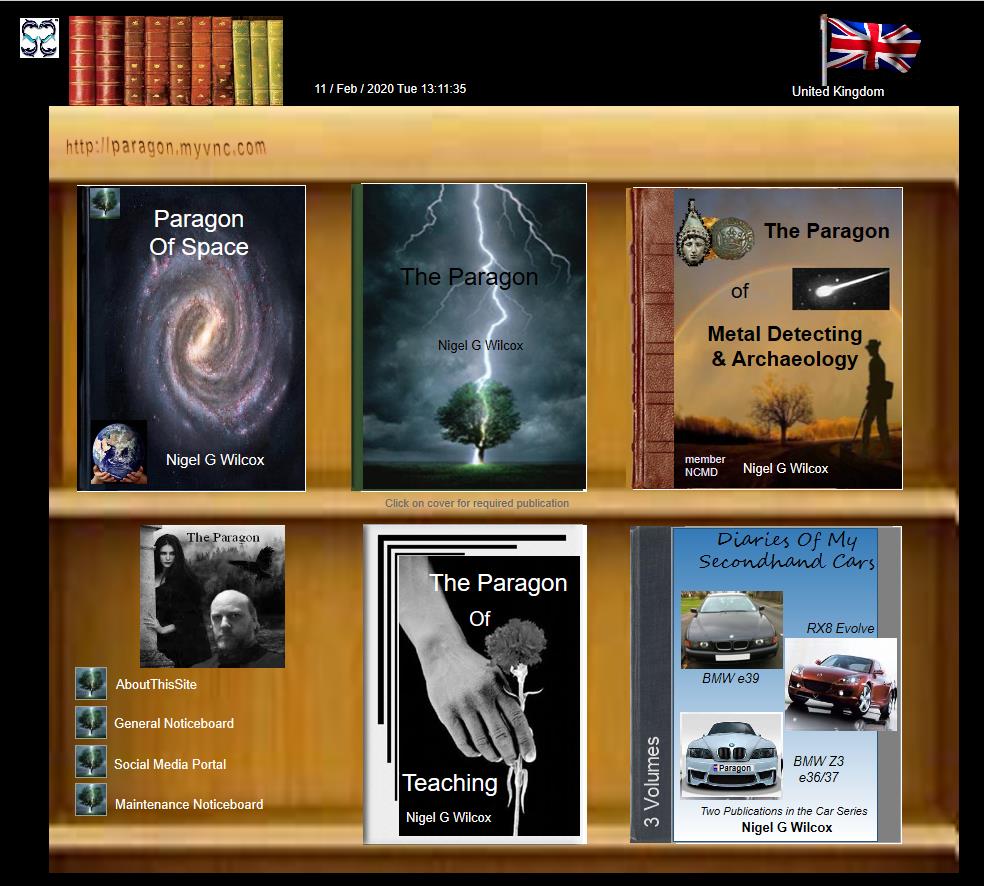









Everything For The Detectorist - Reference & Timelines




Powered By Sispro1


More Indepth notes on Metals
Source: Bibliography
Source: Bibliography
[1-17]
[1-17]

United Kingdom - The Monarchy - Leaders of Wales
Dates may vary based on publications sources.
Advise to further research - All dates have been researched to closest approximations.
M
M
M
M
M
M
M
M
M
For further information and timelines return to menu and click onto the Almanac. It Covers 60000BC to the present.
The British Library is also a good source to fill in the gaps of history
For an external link click onto the banner below to go to the British Library.
The British Library is also a good source to fill in the gaps of history
For an external link click onto the banner below to go to the British Library.
Click On The Banner To Go To The British Library
This information provides a concise background to the Ancient Welsh British / English civilisations and the 'Emergence of the 'United Kingdon' After the Romans leave the country.
1200-1500
Middle Ages
British Isles Almanac
6000BC to 2010 AD
Go to Menu Index
6000BC to 2010 AD
Go to Menu Index
Click
Designed by Nigel G Wilcox
| KINGS & QUEENS | |
| Year | Monarch |
| LEADERS | |
| The Kingdom Wales | |
| 825-844 | Merfyn Frych (Merfyn the Freckled) |
| 844-878 | Rhodri Mawr (Rhodri the Great) |
| 878-916 | Anarawd |
| 916-942 | Idwal Foel (Idwahl the bald) |
| 950-979 | Lago |
| 979-985 | Hywel (Hywel the bad) |
| 985-986 | Cadwallon |
| 999-1005 | Maredudd ap Owain |
| 1018-1023 | Llywelyn ap Seisyll |
| 1039-1063 | Gruffydd ap Llywelyn |
| 1081-1137 | Gruffydd ap Cynan |
| 1135-1137 | Gruffydd ap Rhys |
| 1137-1170 | Owain Gwynedd |
| 1170-1194 | Dafydd and Rhodri ap Owain |
| 1194-1240 | Llywelyn ap Lorwerth |
| 1240-1246 | David |
| 1246-1282 | Llywelyn ap Gruffydd |
| British Monarchy | |
| 1272-1307 | Edward I |
| 1307-1327 | Edward II |
| 1327-1377 | Edward III |
| 1377-1399 | Richard II |
| 1399-1413 | Henry IV |
| 1413-1422 | Henry V |
| 1422-1461 | Henry VI |
| 1461-1483 | Edward IV |
| 1483 | Edward V |
| 1483-1485 | Richard III |
| 1485-1509 | Henry VII |
More Detail on Wales History & Monarchs
A native of Wales, a name given by the Anglo-Saxons to the Britons who originally came from Gaul, which the Saxons pronounced Wealas, Wales, Welsh, and Wallia. A principality of Great Britain, on the west of England, one hundred and twenty miles long, and eighty broad.
The creation of Wales: 8th - 9th century AD
The digging of Offa's dyke in the 8th century, as the effective border between Anglo-Saxon England and Celtic Wales, formalizes a situation which has existed for a century and a half. Victories near Bath (in 577) and near Chester (in 613) have brought the Anglo-Saxons to the Bristol Channel and the Irish Sea, restricting the Celtic tribes to the great western peninsula protected by the Welsh mountains.
In this enforced seclusion lies the beginning of the Welsh identity. The region is called Wales from an Anglo-Saxon word wealas, meaning 'foreigners'. Similarly the beleaguered Celts begin to call themselves cymry ('fellow-countrymen'), naming their shared territory Cymru.
Like their Celtic neighbours over the water in Ireland, the Welsh have a strong early tradition of Christianity. But St David, the patron saint of Wales, is a more shadowy figure than Ireland's St Patrick. Little is known of him except that he founds several monasteries in the late 6th century and makes his own ecclesiastical base at Mynyw, now known after him as St David's.
The Welsh retain their Celtic version of Christianity much longer than the English. The Roman calculation of Easter is not accepted in Wales until 768, more than a century after the synod of Whitby.
By the middle of the 9th century the Welsh tribes are beginning to merge into something resembling a nation, through the usual combination of warfare and marriage between the ruling families. Rhodri Mawr (mawr meaning 'the Great') is widely accepted as king of almost the entire region by the time of his death in 878. But centralized power is dissipated by the Celtic custom of sharing an inheritance between all the sons of a royal house.
Rulers in Wales are also, like their neighbours in Anglo-Saxon England, under constant threat from Viking invasions. The Welsh are particularly vulnerable from 838, when the Vikings settle across the Irish Sea in Dublin. But it is Vikings in another form, as Normans, who have a lasting effect in Wales.
The creation of Wales: 8th - 9th century AD
The digging of Offa's dyke in the 8th century, as the effective border between Anglo-Saxon England and Celtic Wales, formalizes a situation which has existed for a century and a half. Victories near Bath (in 577) and near Chester (in 613) have brought the Anglo-Saxons to the Bristol Channel and the Irish Sea, restricting the Celtic tribes to the great western peninsula protected by the Welsh mountains.
In this enforced seclusion lies the beginning of the Welsh identity. The region is called Wales from an Anglo-Saxon word wealas, meaning 'foreigners'. Similarly the beleaguered Celts begin to call themselves cymry ('fellow-countrymen'), naming their shared territory Cymru.
Like their Celtic neighbours over the water in Ireland, the Welsh have a strong early tradition of Christianity. But St David, the patron saint of Wales, is a more shadowy figure than Ireland's St Patrick. Little is known of him except that he founds several monasteries in the late 6th century and makes his own ecclesiastical base at Mynyw, now known after him as St David's.
The Welsh retain their Celtic version of Christianity much longer than the English. The Roman calculation of Easter is not accepted in Wales until 768, more than a century after the synod of Whitby.
By the middle of the 9th century the Welsh tribes are beginning to merge into something resembling a nation, through the usual combination of warfare and marriage between the ruling families. Rhodri Mawr (mawr meaning 'the Great') is widely accepted as king of almost the entire region by the time of his death in 878. But centralized power is dissipated by the Celtic custom of sharing an inheritance between all the sons of a royal house.
Rulers in Wales are also, like their neighbours in Anglo-Saxon England, under constant threat from Viking invasions. The Welsh are particularly vulnerable from 838, when the Vikings settle across the Irish Sea in Dublin. But it is Vikings in another form, as Normans, who have a lasting effect in Wales.
See British Monarchy...

Copyright All Rights Reserved by Nigel G Wilcox E-Mail: ngwilcox100@gmail.com
The Paragon Of Metal Detecting
& Archaeology
& Archaeology
5. Menu
Pages
Member NCMD
























